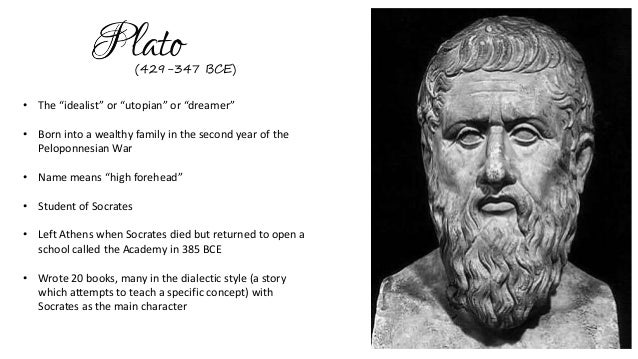
Now I am myself, Phaedrus, a lover of these divisions and collections, so that I may be able both to speak and think and if I think anyone else has the capacity to look to one and to multiplicity as they are in nature, I pursue him ‘in his footsteps, behind him, as if he were a god.’ And furthermore, those who can do this – whether I give them the right name or not, god knows, but at any rate – up till now I call them dialectical. more In the second half of the Phaedrus, while Socrates and Phaedrus are discussing how one should speak and write nobly or beautifully, Socrates makes the following statement: In the second half of the Phaedrus, while Socrates and Phaedrus are discussing how one should spe. The function of the passage is to introduce a contemplative aspect of the life of philosophy into the dialogue that contrasts radically with the political-practical orientation characteristic of Protagoras, an aspect Socrates is able to isolate as such precisely because he is conversing with the mathematician Theodorus. When interpreted with due attention to its dramatic context, however, the digression reveals that the ideal of godlikeness, while being directed at Theodorus, is essentially Socratic. For the ideal may seem difficult to reconcile with a Socratic conception of philosophy, and several scholars have accordingly suggested that it should be read as ironic and directed only at the dramatic character Theodorus. A particularly knotty question has been what status we should ascribe to the ideal of philosophy it presents, an ideal centered on the conception that true virtue consists in assimilating oneself as much as possible to god. more The digression of Plato’s Theaetetus (172c2–177c2) is as celebrated as it is controversial. The digression of Plato’s Theaetetus (172c2–177c2) is as celebrated as it is controversial.

Dialectic as Philosophical Divination in Plato’s Phaedrus Dialectic in Plato's Sophist: The relation between the question ‘What is being?’ and the question ‘What is there?’ġ2. Another Platonic Method: Four genealogical myths about human nature and their philosophical contribution in Platoġ1. Dialectic and the Ability to Orient Ourselves: Republic V-VIIġ0.

Using Examples in Philosophical Inquiry: Plato’s Statesman 277d1-278e2 and 285c4-286b2Ĩ. Elenchus and the Method of Division in the SophistĦ. Dialectic as a paradigm in the Republic: On the role of reason in the just lifeĥ. Dialectic in Plato’s Parmenides: The Schooling of Young SocratesĤ. The Dialectician and the Statesman in Plato’s Euthydemusģ. Socrates’ Dialectical use of HypothesisĢ. Jens Kristian Larsen, Vivil Valvik Haraldsen, and Justin Vlasitsġ. New Perspectives on Platonic Dialectic will appeal to scholars and advanced students interested in Plato, ancient philosophy, philosophical method, and the history of logic. Collectively, the chapters challenge the now prevailing understanding of Plato’s ideal of method. They examine the ways in which these procedures are related to each other and other aspects of his philosophy, such as ethics, psychology, and metaphysics. Its 13 chapters present a comprehensive picture of this crucial aspect of Plato’s philosophy and seek to clarify what Plato takes to be proper dialectical procedures. This volume offers fresh perspectives on Platonic dialectic.

Most studies of Platonic dialectic accordingly focus on only one aspect of this method that allegedly characterizes one specific period in Plato’s development. to mean ‘the ideal method’, whatever that may be" (Richard Robinson). According to a now prevailing view it is a method for inquiry the conception of which changed so radically for Plato that it "had a strong tendency. Few will dispute this claim, but there is little agreement as to what Platonic dialectic is. more For Plato, philosophy depends on, or is perhaps even identical with, dialectic.

For Plato, philosophy depends on, or is perhaps even identical with, dialectic.


 0 kommentar(er)
0 kommentar(er)
